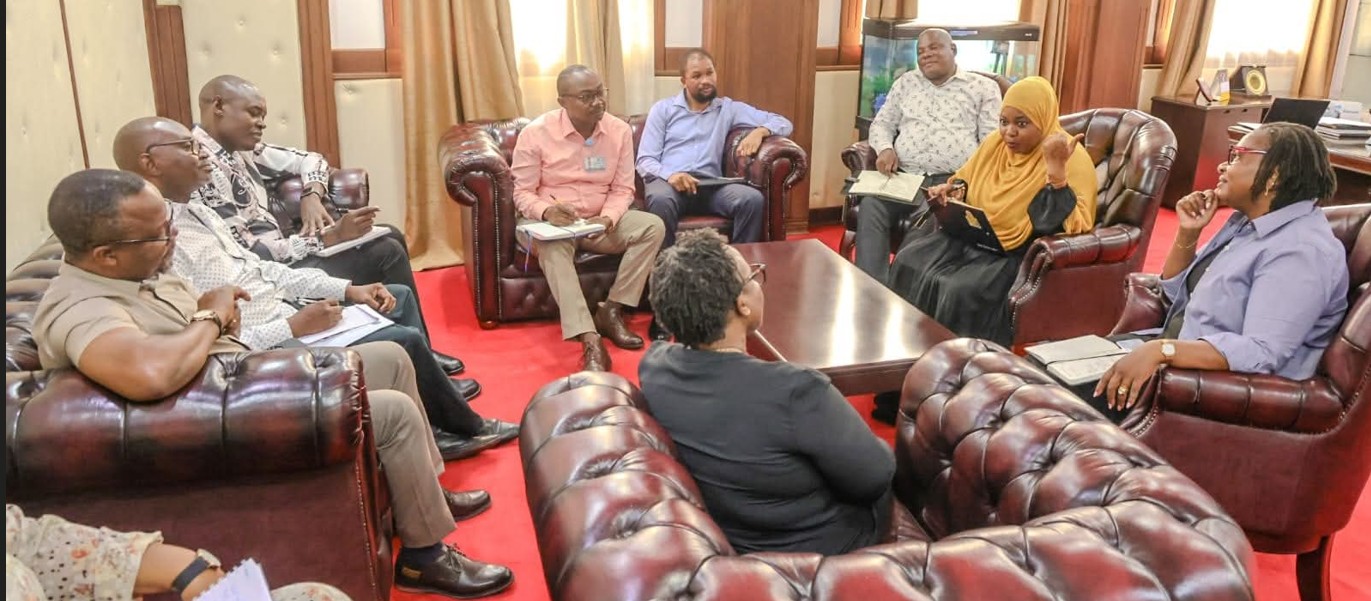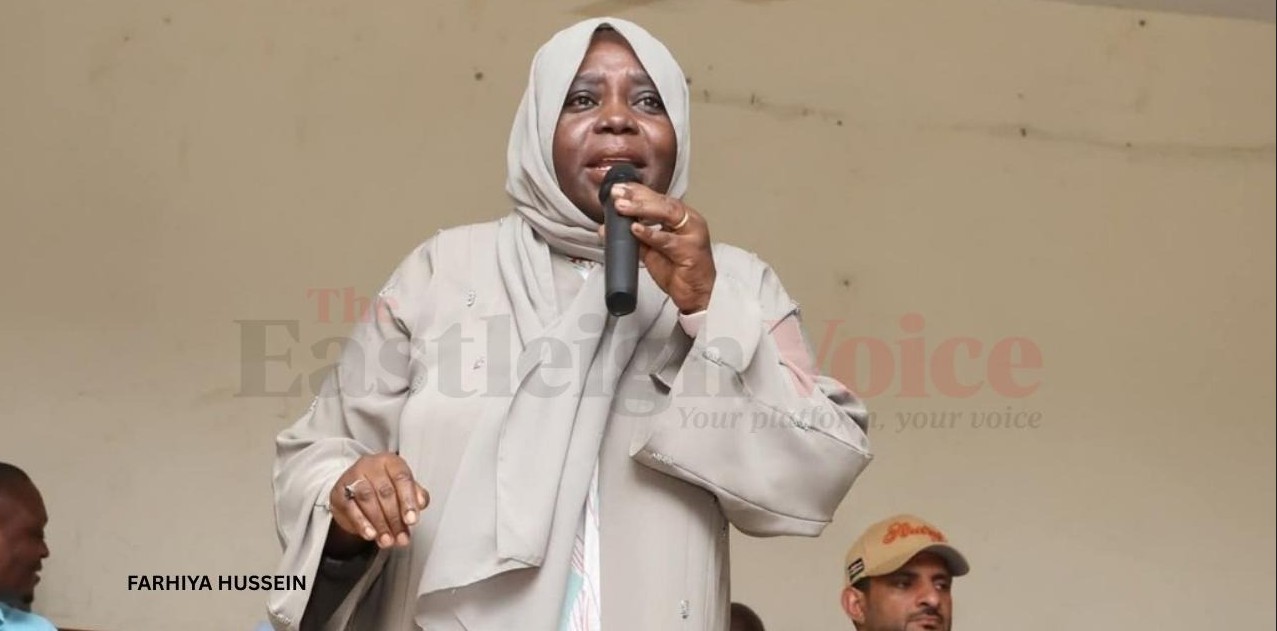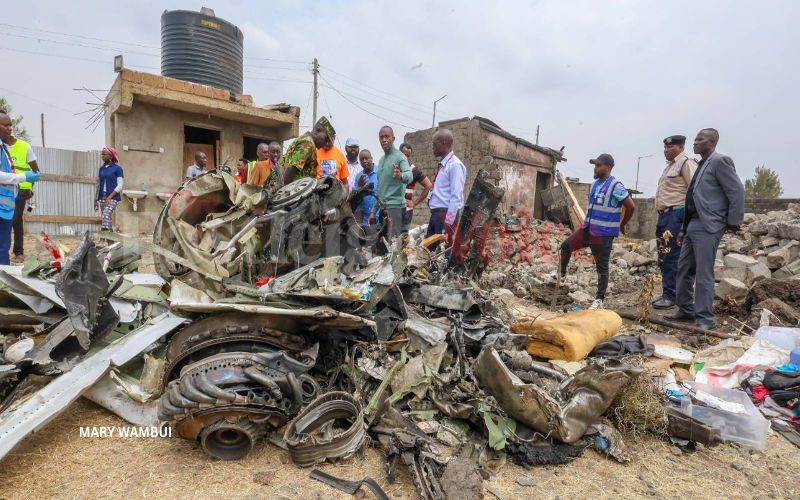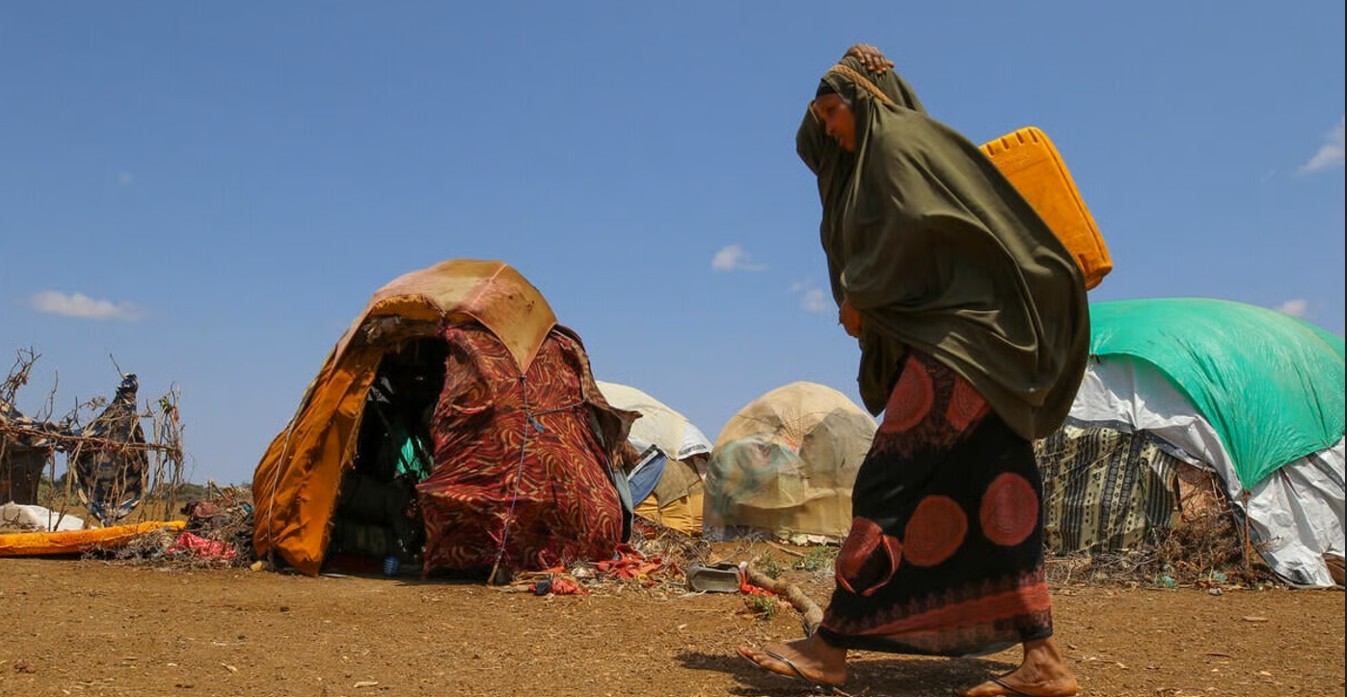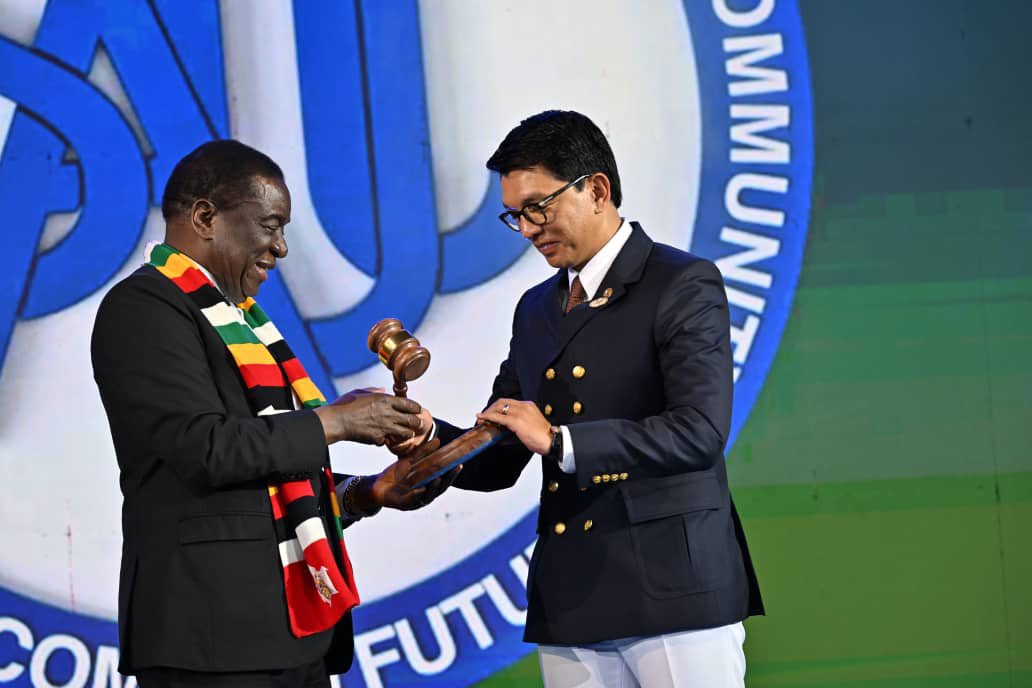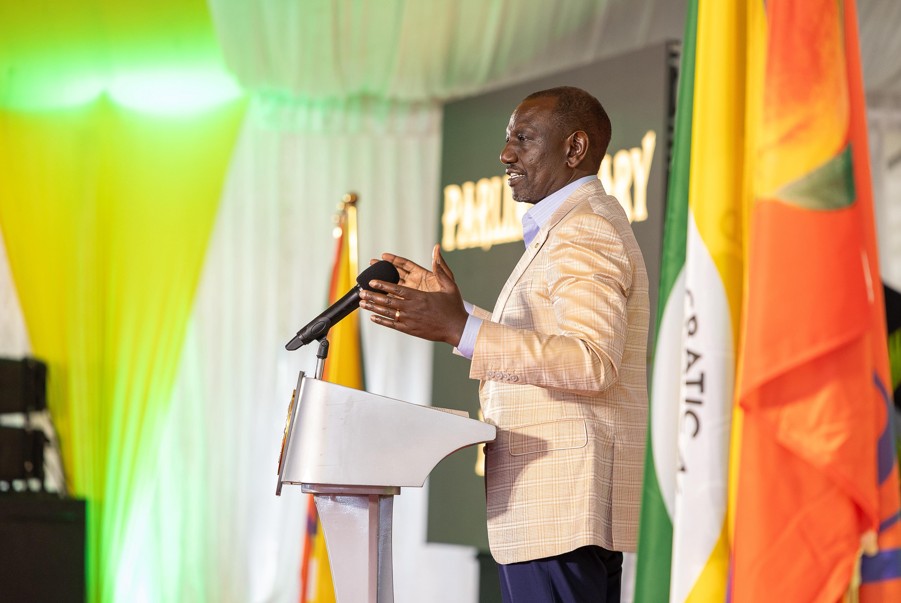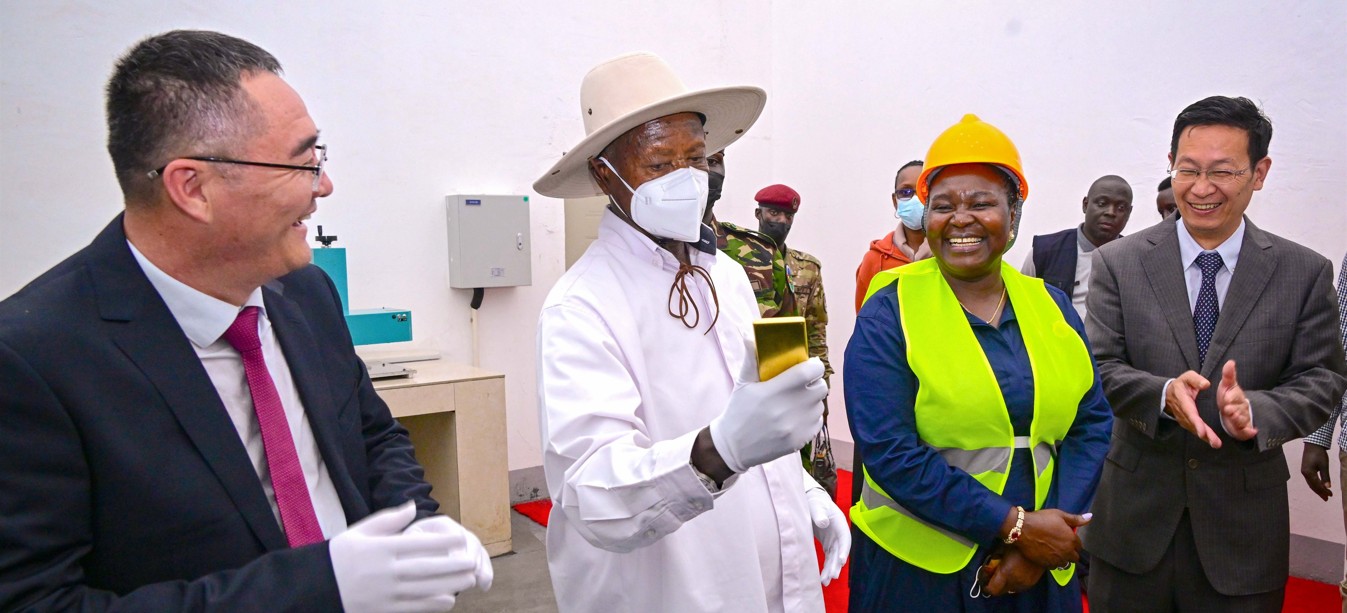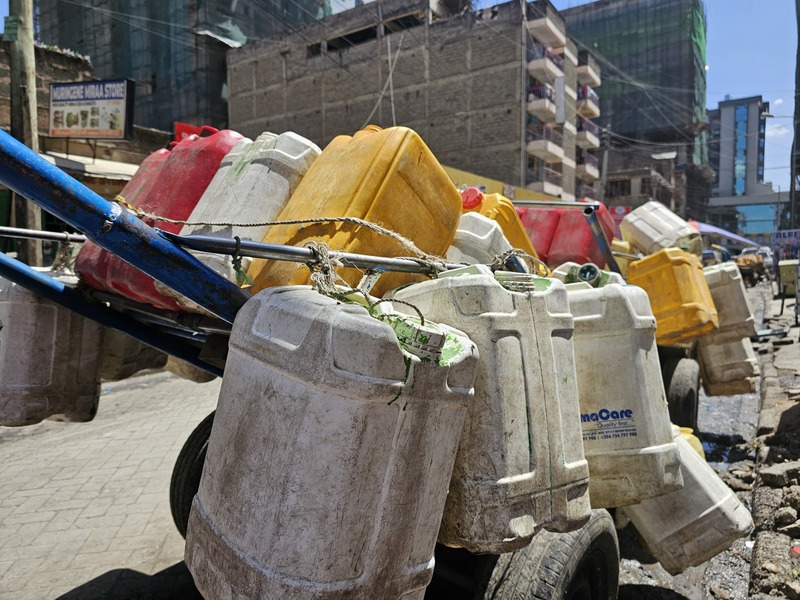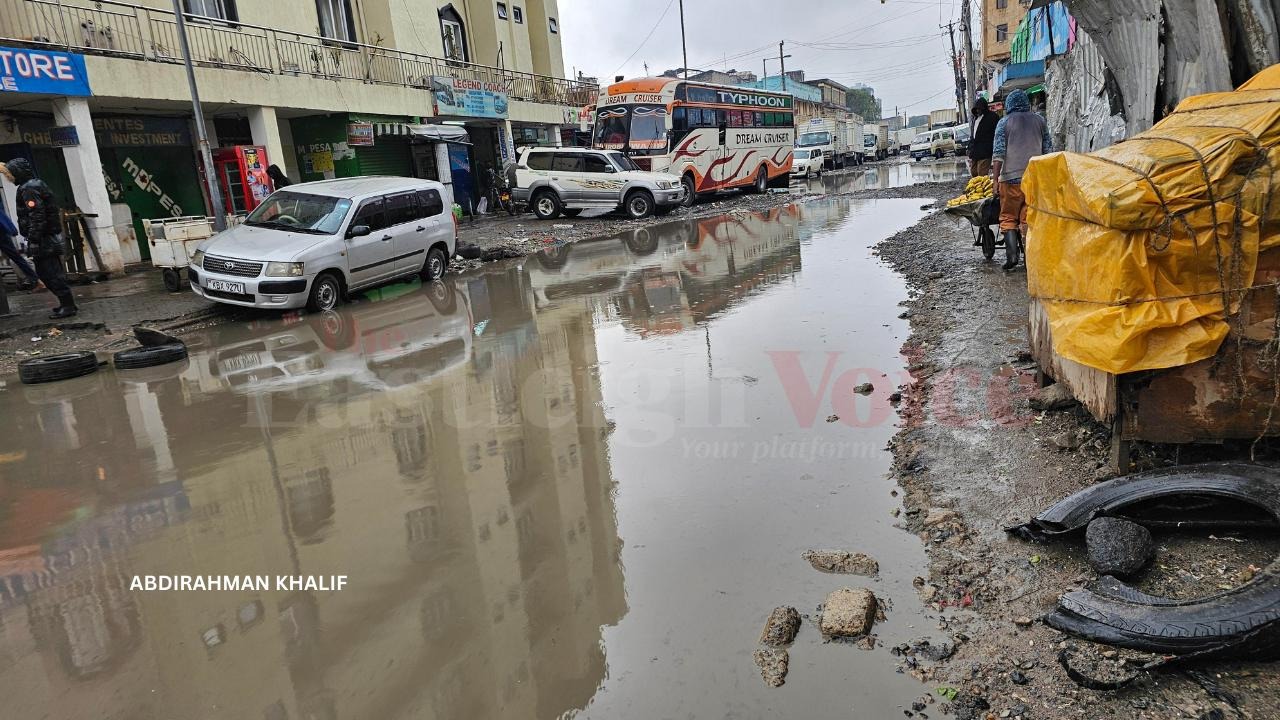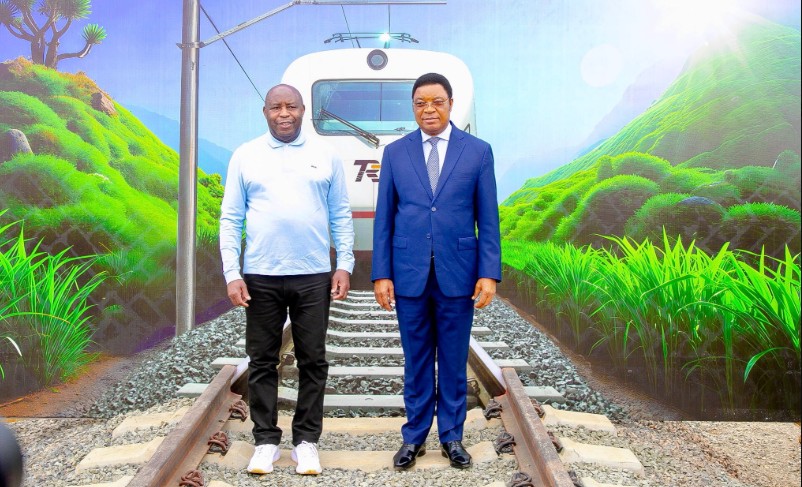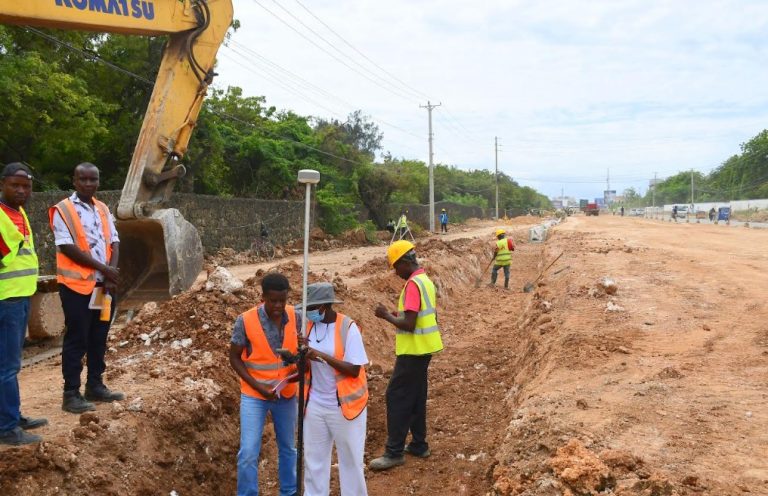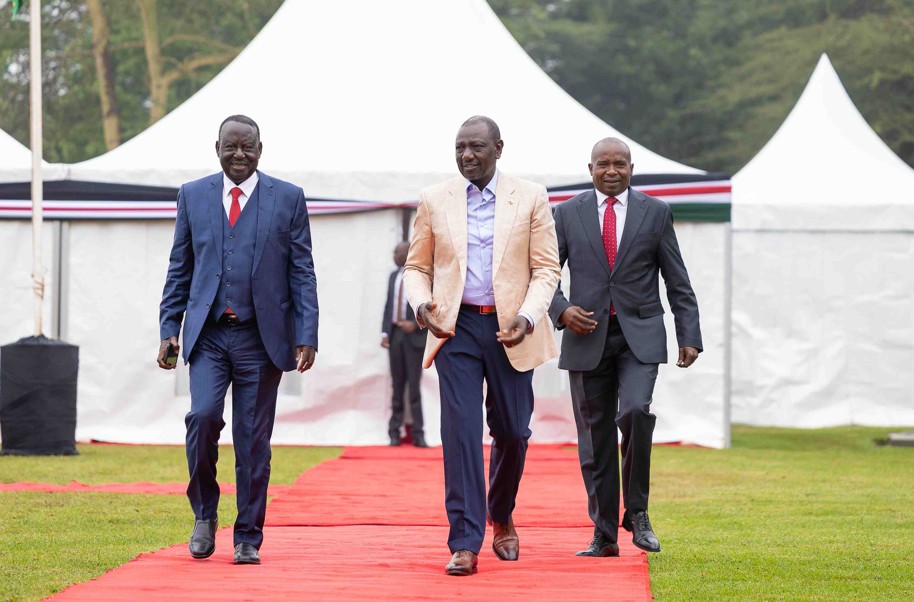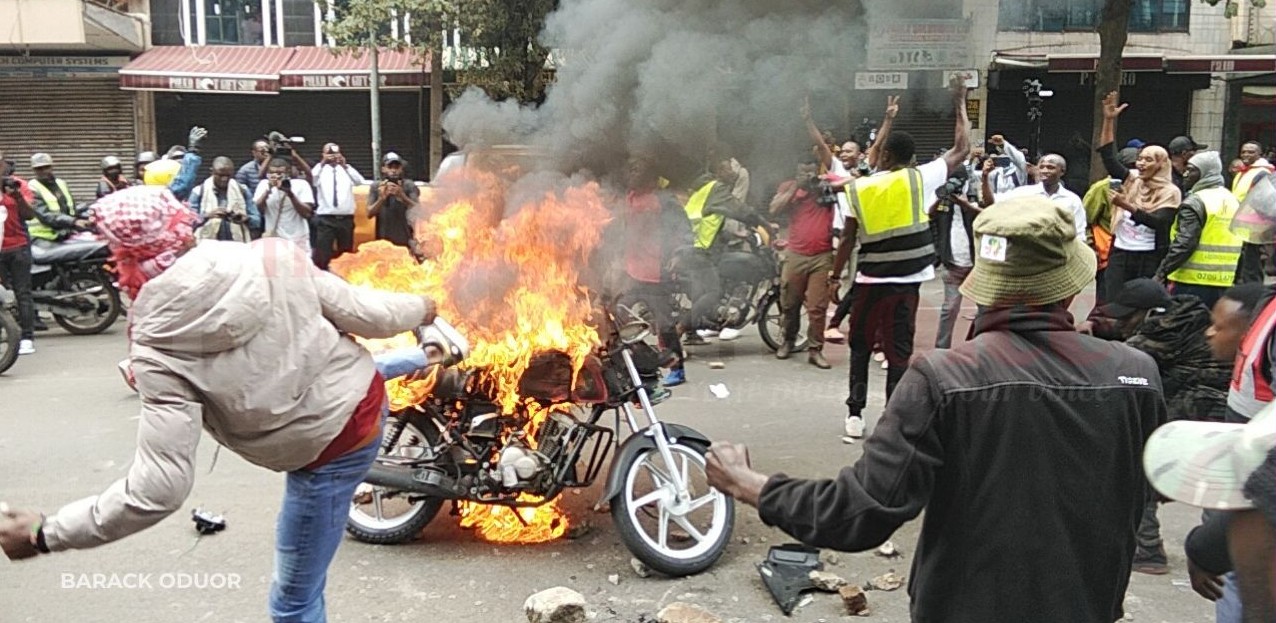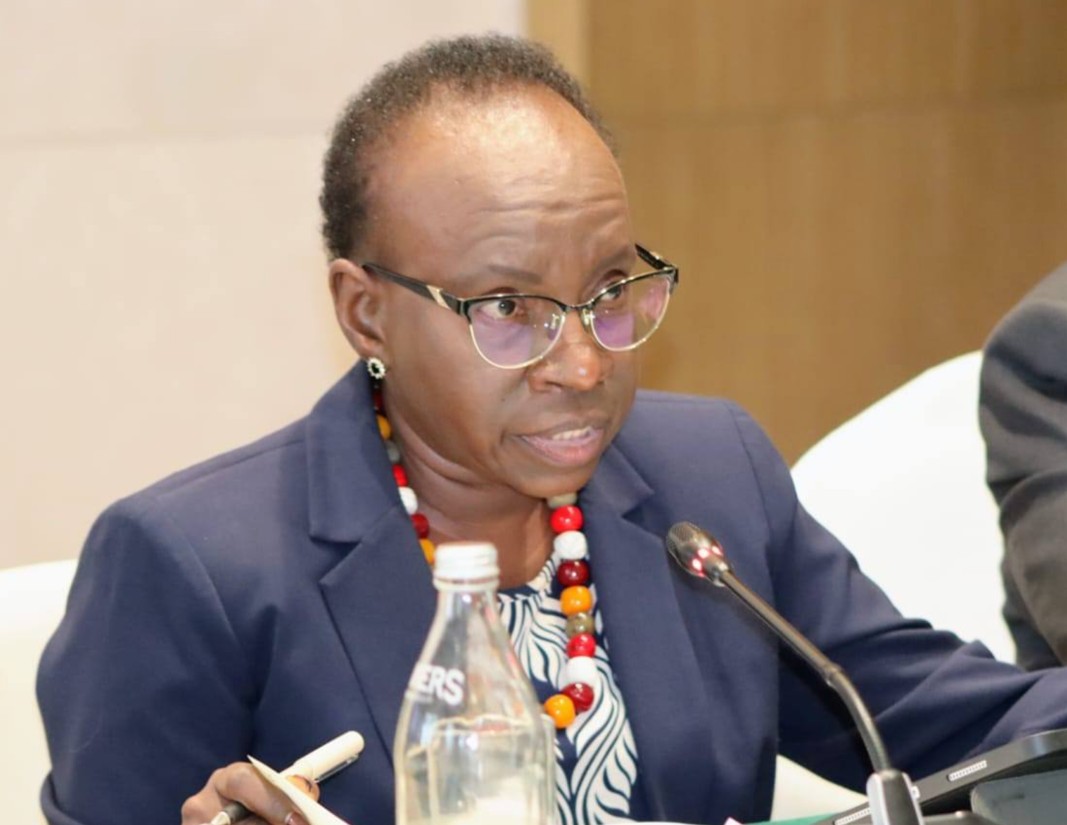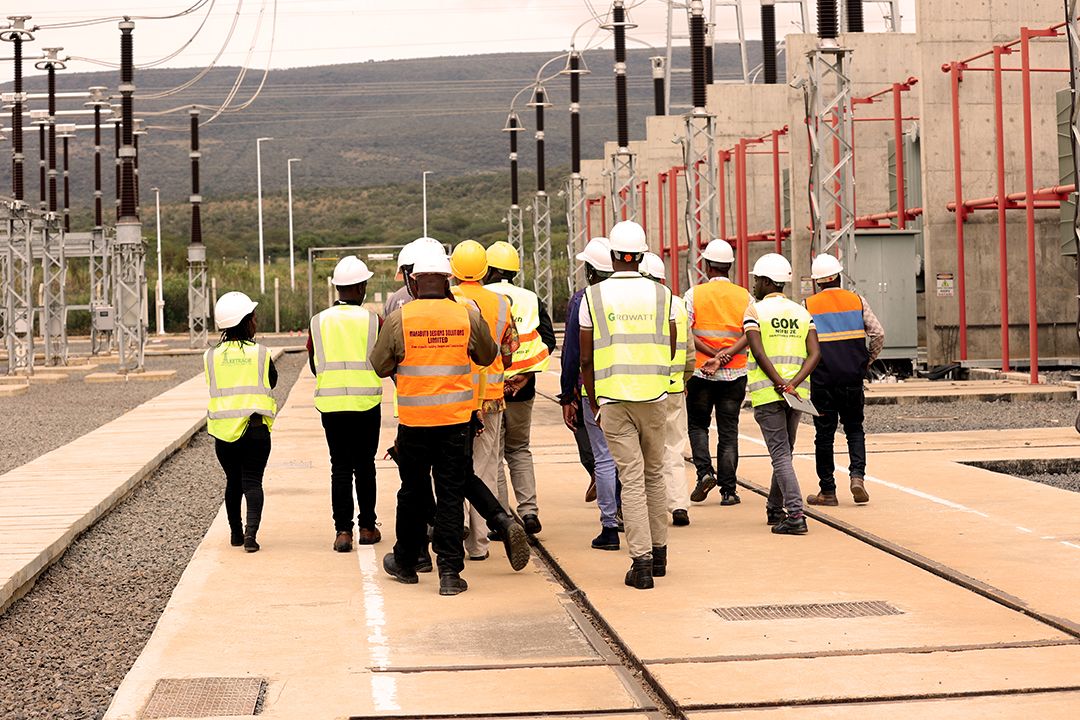Human rights activists pile pressure on Ruto over police excesses in quelling protests
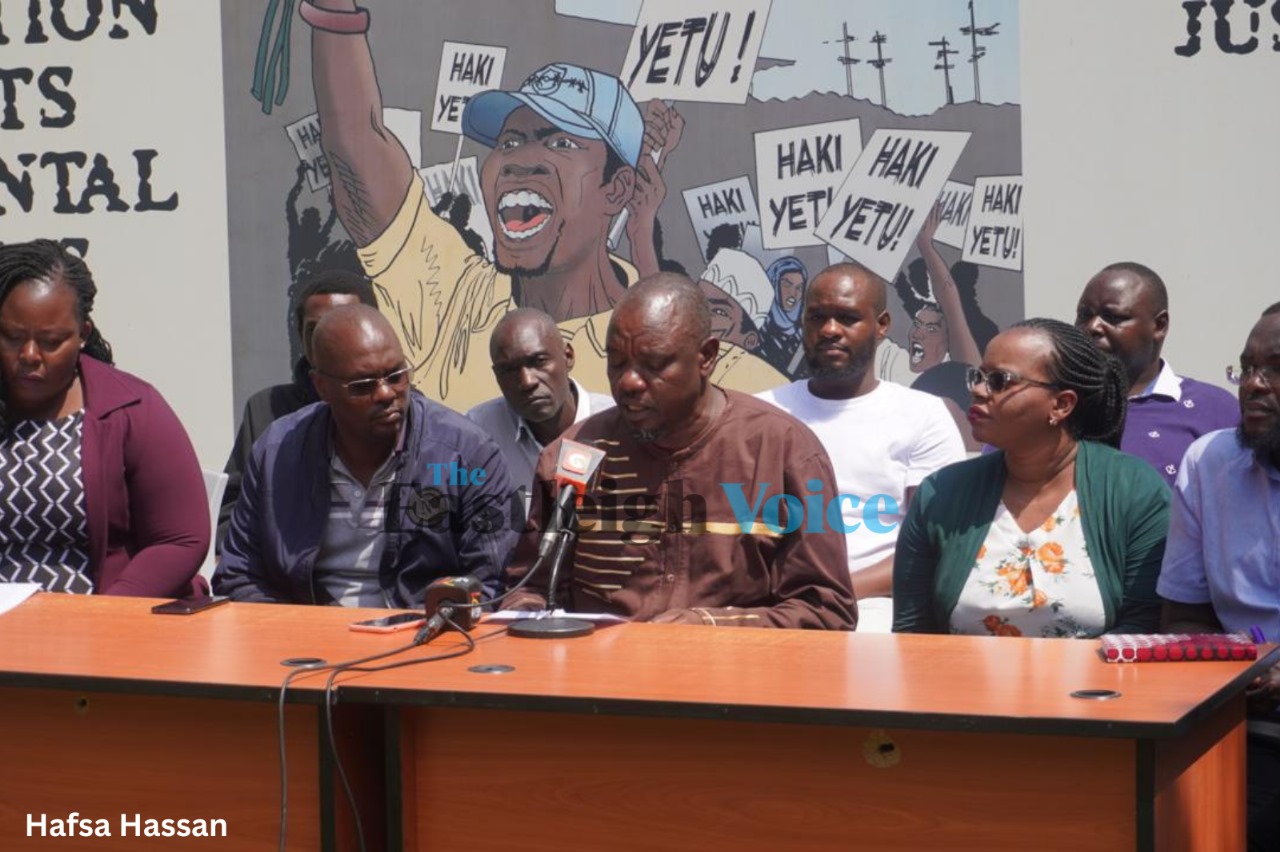
In their explanation, the acts of violence and criminality, which they described as reprehensible, not only undermine public safety but also inflict severe economic and emotional harm on communities.
Human rights organisations on Thursday continued to pile pressure on President William Ruto to reign in the police to immediately stop police brutality and protect businesses that are getting looted during mass demonstrations across the country.
The Police Reforms Working Group Kenya (PRWG-K) demands that the president publicly instruct law enforcement officers to uphold their duty to protect public order and safety during assemblies and demonstrations as per Article 244 of the Constitution of Kenya.
More To Read
- Mombasa police fail to charge four activists, drawing criticism over unlawful detention
- Activists threaten to storm Tanzania embassy in Nairobi over Boniface Mwangi's detention
- Human rights activists in Kenya stage protests over Kizza Besigye's detention
- Back to the streets: Families of missing Kenyans to stage nationwide protests
- Hanifa Adan, Boniface Mwangi and Hussein Khalid clinch Human Rights Defender of the Year Award
- Human rights groups: Police lacked clear command during June 25 protests
Led by Independent Medico-Legal Unit (IMLU) Head of Programmes Vivian Mwende, Transparency International Head of Programmes Sheila Masinde, and Kenya Human Rights Commission Executive Director Davies Malombe, the group wants Ruto's administration to initiate the process of getting justice for Kenyans who have been affected by the protests.
"We demand that the government ensure accountability for those responsible for the violence and opportunistic crimes during the protests," said Malombe.
They are also pressuring the government to immediately facilitate open dialogue with citizens to address the root causes of the protests and work towards meaningful solutions.
"We strongly condemn the violence witnessed during the recent protests in Kenya, which has resulted from both the excessive use of force by law enforcement and the presence of what appears to be hired goons," decried Malombe.
According to Mwende, the police's use of lethal crowd control weapons like water cannons, tear gas, and live ammunition against peaceful demonstrators has led to unnecessary injuries and fatalities, escalating tensions and undermining the citizens' rights to assemble, demonstrate, picket, and petition which is enshrined in Article 37 of the Constitution of Kenya, 2010.
"This comes on the backdrop of a recent court order which barred police from using water cannons, tear gas, live ammunition, rubber bullets or other crude weapons or draconian measures," she said.
They also demand that the Independent Policing Oversight Authority (IPOA) ensure those responsible for these actions are held accountable swiftly and transparently, ensuring that citizens' rights to peacefully assemble and express their grievances are protected and respected.
"We strongly condemn the actions of these hired goons who have engaged in looting and destroying property, resulting in wanton destruction and significant loss of livelihood for thousands of individuals and businesses," explained Mwende.
In their explanation, the acts of violence and criminality, which they described as reprehensible, not only undermine public safety but also inflict severe economic and emotional harm on communities.
"We stand in solidarity with business owners who have suffered losses due to these criminal activities. It is essential that those responsible for these actions are swiftly brought to justice to restore confidence, protect businesses, and ensure that such incidents do not recur," said Mwende.
Masinde of Transparency International regretted how the deepening infiltration and deployment of goons has had severe consequences, including the assault of police officers.
"The infiltration has also led to the withdrawal of the services of Medics for Kenya, a volunteer group of doctors and other medical personnel who were providing emergency services during the protests. This withdrawal has left many without critical medical support, as these medics were forced to cease their operations across the country," noted Masinde.
In Masinde's explanation, targeting those who advocate for justice, transparency, and accountability, the state infringes on individual freedoms and erodes the foundation of democratic governance.
She also noted the intimidation and harassment of activists and human rights defenders create an environment of fear and repression, effectively silencing critical voices and closing the civic space essential for holding the government accountable. "It is imperative that the state respects and protects the rights of these individuals to ensure the continued health and vibrancy of Kenya's democracy."
"The state must act decisively to restore peace and order while respecting the fundamental rights of its citizens. Together, we must strive to build a society that values justice, transparency, and the protection of human rights for all," she added.
Other human rights formations under the Police Reforms Working Group Kenya include Kariobangi Paralegal Network, Defenders Coalition, Katiba Institute, Social Justice Centres Working Group (SJCW), Kenyan Section of the International Commission of Jurists (ICJ Kenya), International Justice Mission (IJM-K), HAKI Africa, Inuka Ni Sisi, Democracy Without Borders-Kenya Women Empowerment Link, Social Welfare Development Program among others.
Top Stories Today
